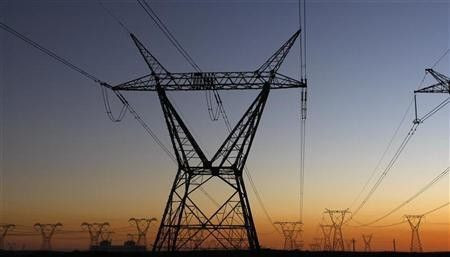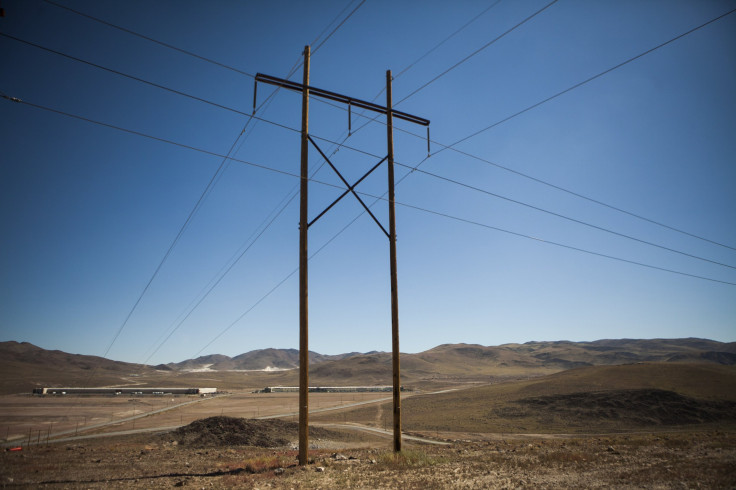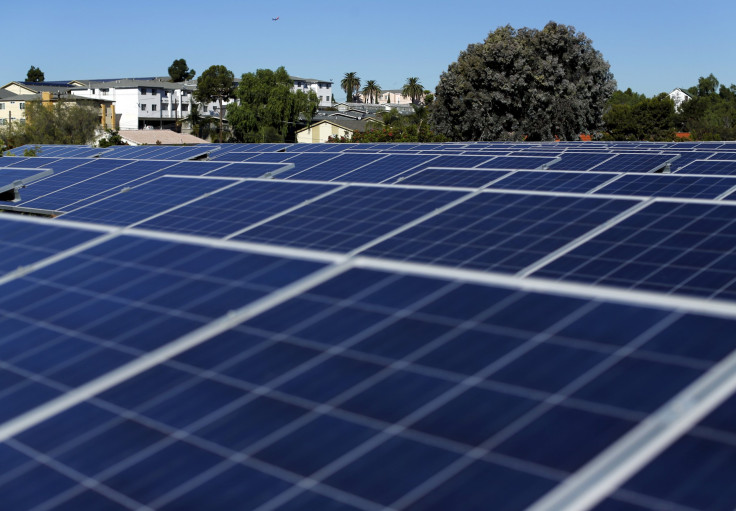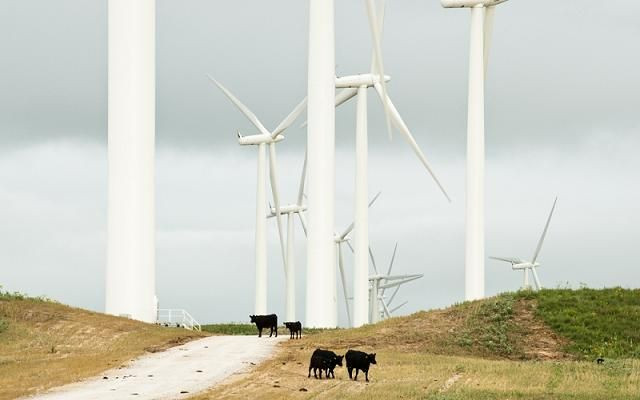Power Ledger Initial Coin Offering Promotes Sustainable Energy

Regulators worldwide are cracking down on initial coin offerings after a frenzied summer of tokenized fundraising amassed more than $1.2 billion. The U.S. Securities and Exchange Commission clarified in July that some ICOs are subject to federal securities law, which means if fundraisers promise tokens will increase in value, they can’t be sold to the general public without certain restrictions.
On Monday, the SEC even issued a warning that some public stock scams are masquerading as ICOs. China, Canada and even fintech-friendly Singapore are all warning cryptocurrency buyers to steer clear of new tokens without communal, functional value.
What does that even mean?
The Australian energy startup Power Ledger is a great example of a blockchain company with community-driven utility tokens. Power Ledger co-founder David Martin told International Business Times the startup already sold 85 percent of the pre-sale ICO tokens, meaning the campaign is expected to raise $8.8 million this week and up to $30 million when the ICO closes in September. It is now one of many blockchain startups aiming to take renewable energy mainstream with the help of a little cryptocurrency.

Blockchain tokens could help people use more sustainable energy sources in their daily lives.
There are several blockchain startups using ICOs to crowdfund similar green energy solutions, from WePower in Gibraltar to Solar DAO, which operates in a few European factories plus Israel and South Africa, and MyBit in Switzerland. In Australia, Power Ledger will work with two types of tokens, POWRs and SPARKZs.

SPARKZs are standard utility tokens, which can be traded for electricity. Just like old school arcade tokens and tickets, you can only use them inside the system where their value is attached to specific games and prizes. Regulators like these types of tokens; They aren’t yet restricted the way stocks or securities are. POWRs are more of a hybrid protocol token, which is still groovy with regulators. These tokens are like the wristbands bouncers strap on partygoers outside a club; They allow both average people and institutions to enter the same marketplace and insure value flows through the doors in a transparently controlled way.
Beyond safeguarding the energy market, POWRs can also be traded for cryptocurrencies like ether. These Ethereum-based tokens have real monetary value. Combined, both tokens will let regular people participate in the energy market, which is traditionally dominated by natural monopoly companies like Con Edison.“The cost of energy from solar panels is falling really rapidly,” Martin said. “Peer-to-peer trading is a logical next step.”
Imagine your electricity bill was managed more like an Airbnb account. Neighbors could cheaply access your extra electricity. This would make it much more affordable for middle class households to install their own renewable energy sources like rooftop solar panels, or band together and run something like a local wind farm the same way people now have local community gardens. You could earn money from it to offset the initial costs.

Decentralized P2P energy trading would also make it easier for low-income families to access green energy in a sustainable way. It’s much cheaper to tap into a local electricity supply through a decentralized network than to buy it from a distant power grid or electricity source. “If you put the generation where the customers are, you don’t have that real risk from weather patterns,” Martin said. “And you can have more efficient energy systems because you are not reliant on networks carting electricity for hundreds of kilometers.”
Distributed energy systems are increasingly common around the world. In New York, the company LO3 already helps neighbors in Brooklyn trade energy among themselves through PayPal. There are still some regulations to figure out for that to become mainstream, so Power Ledger is taking the idea a step further with cryptocurrency. Their blockchain platform also eliminates individual fiat transaction fees on platforms like PayPal, which makes electricity cheaper and easier to swap.
The startup is now talking with organizations in India and the United States, looking to broaden their network beyond Australia. Energy companies can still stay in the game by offering services to help people maintain their renewable energy sources. If everyone is going to use solar panels and wind power, somebody still has to install them.

There are so many blockchain startups and ICOs out there now it’s hard to keep track. A good rule of thumb is to look for projects decentralizing power, usually metaphorically but also literally in this case, instead of trying to cram blockchains into any industry to capitalize on the recent buzz. “We’re an energy company first...we looked for a tool that provided a really secure, fast, low-cost transactive environment and the blockchain did that perfectly. We found the solution in blockchain instead of starting with blockchain and going to look for a problem, ” said Martin. “The electricity system of the future will be owned by the people."
© Copyright IBTimes 2024. All rights reserved.





















